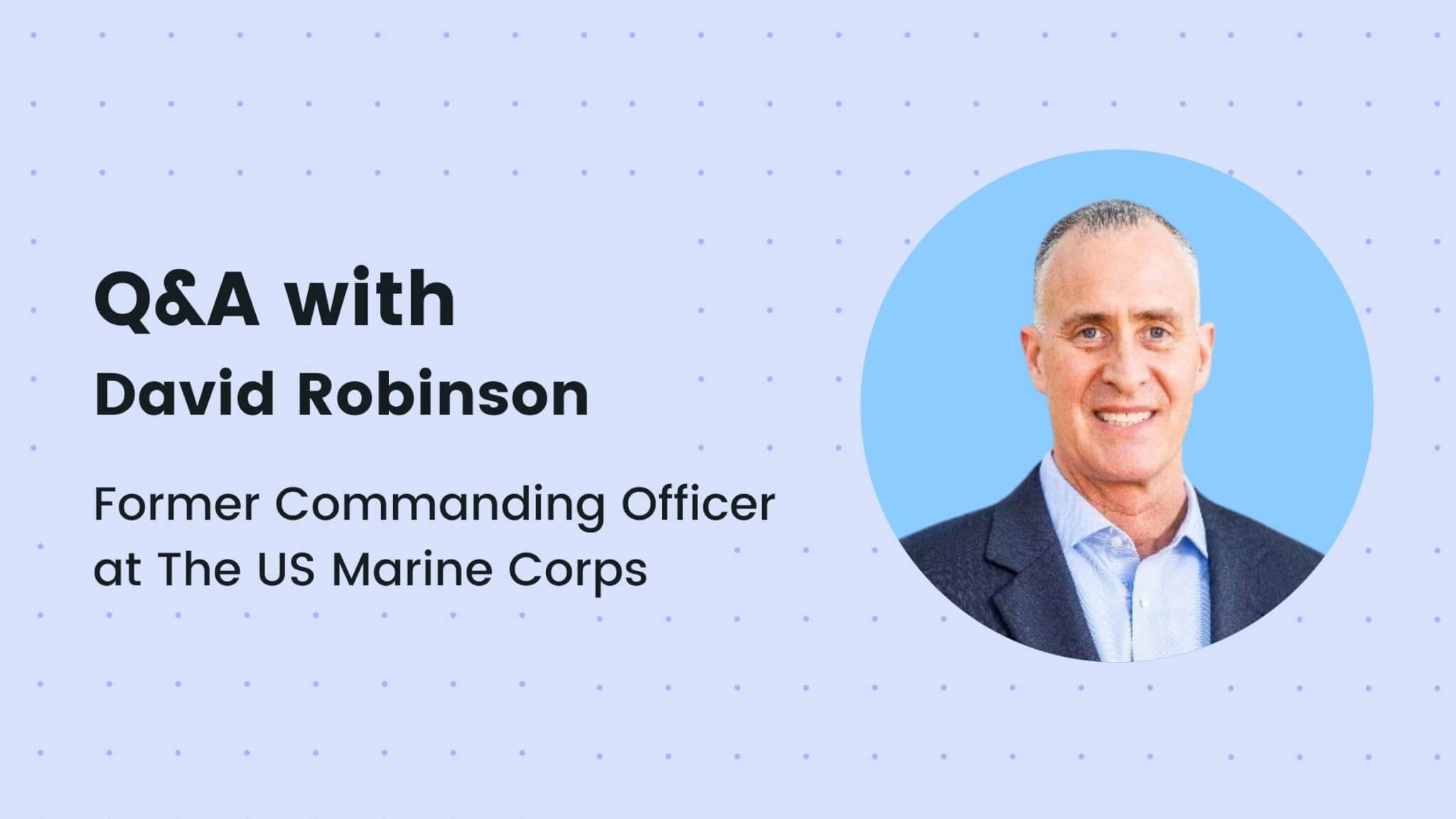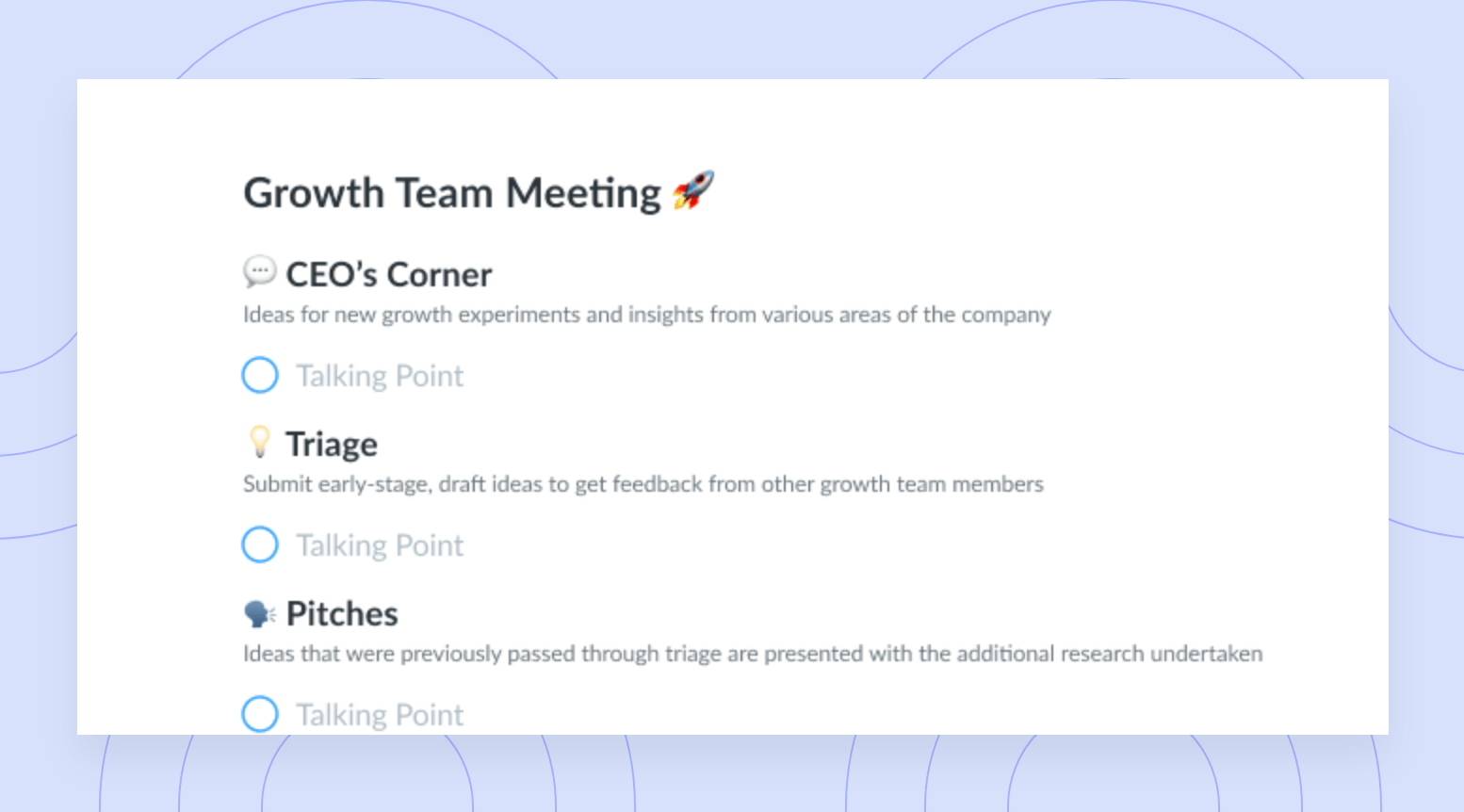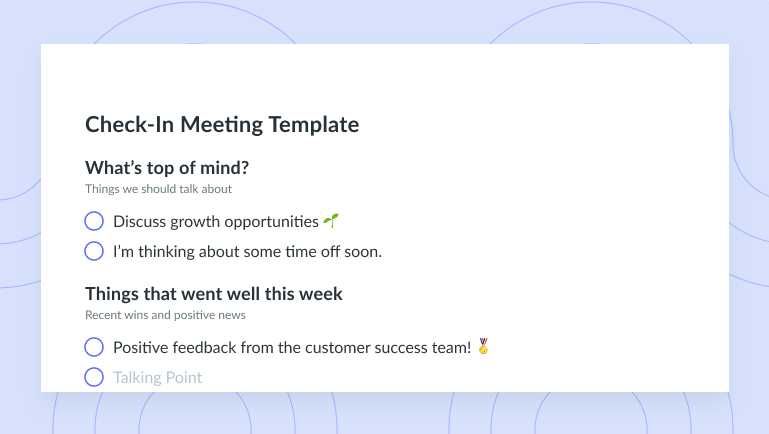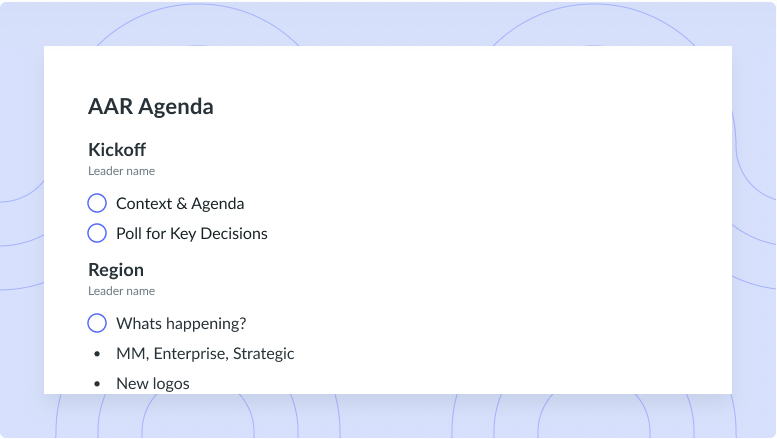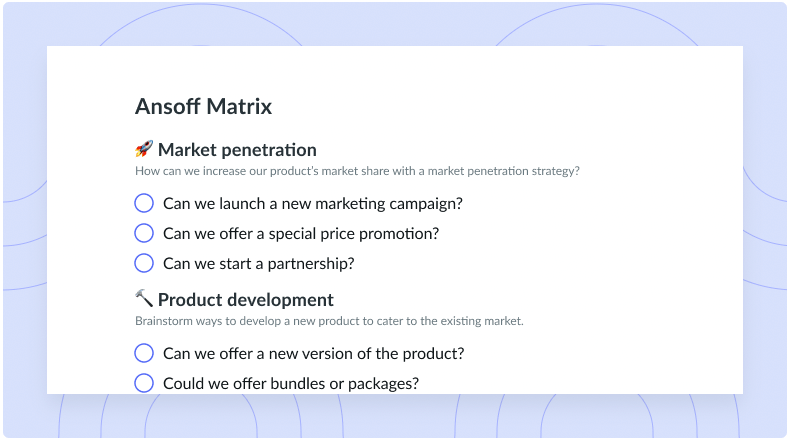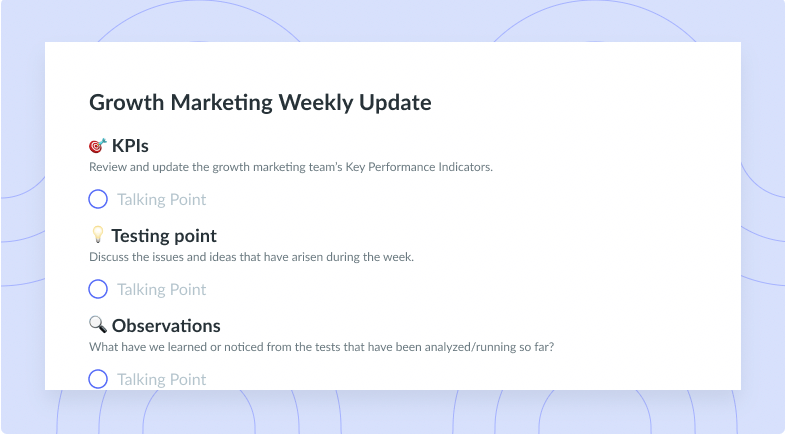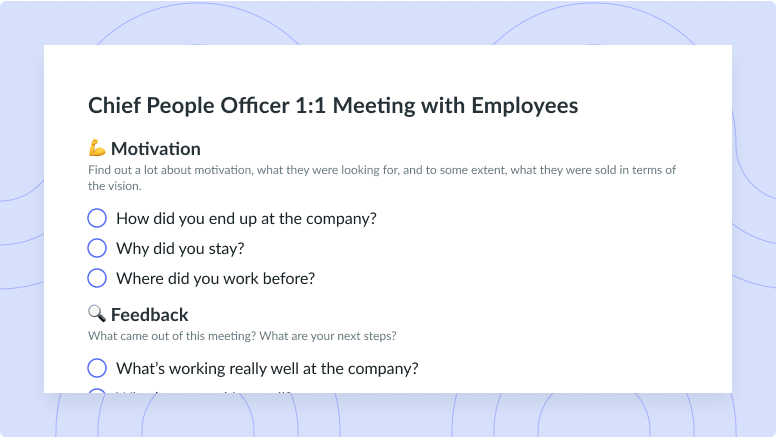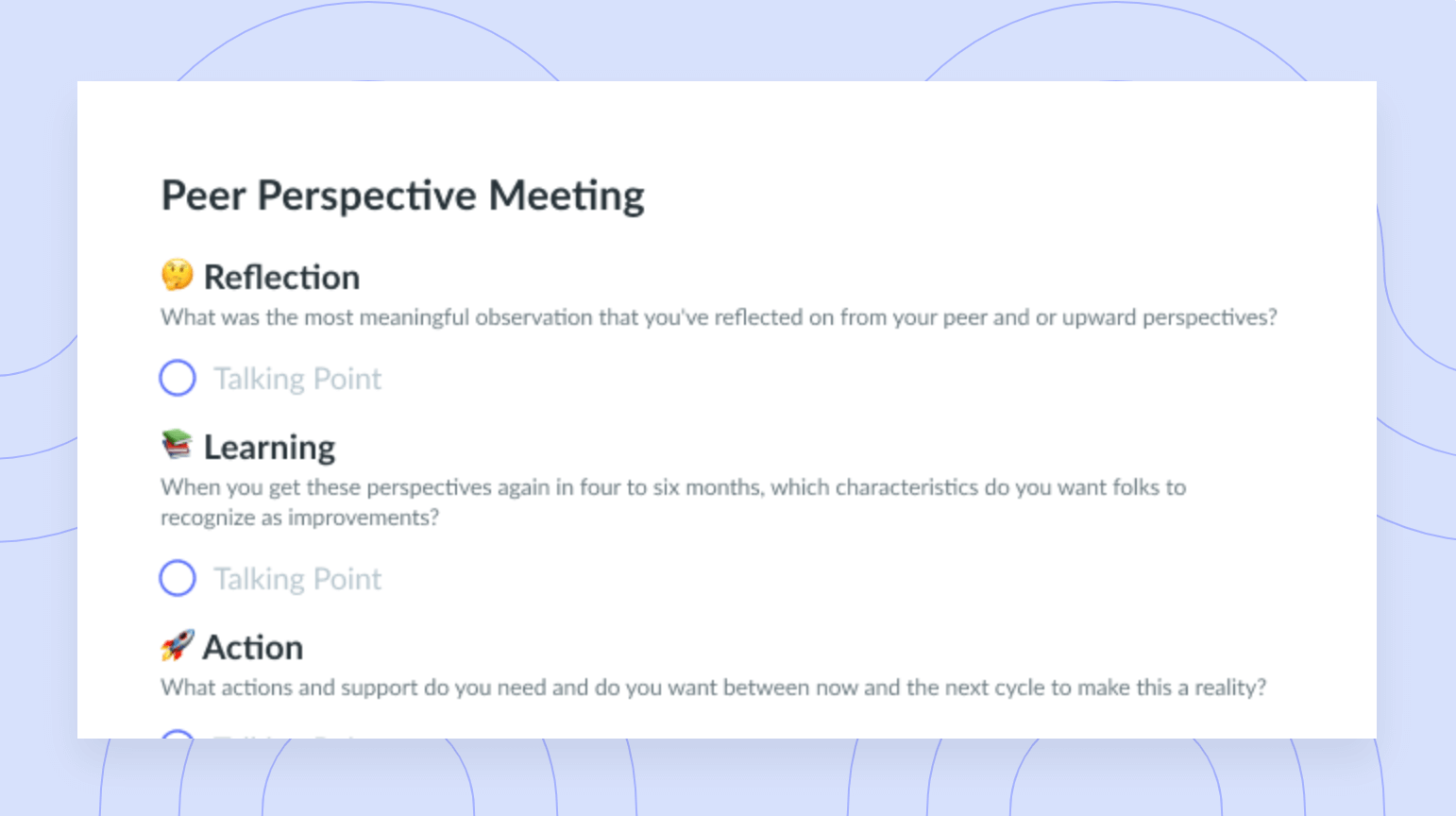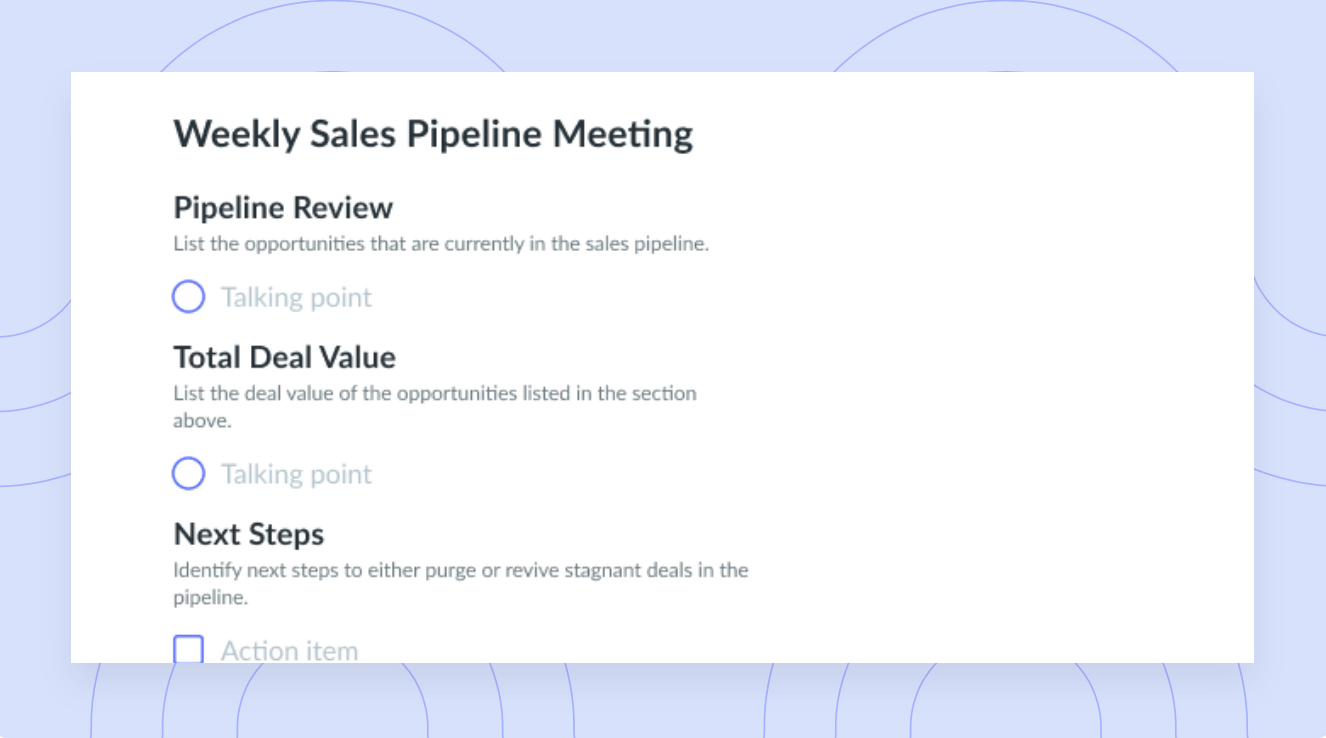What Does It Mean to Have A Growth Mindset? (+ Examples)
Learn what it means to have a growth mindset and how to have one. Plus see examples of having a growth mindset.
It’s well known that our perspectives on the world can impact how we approach everyday life. It’s common to think of our perspectives as being shaped by world events, our cultures, our pasts, our family and friends, and our education.
However, your perspective can also be changed internally by the mindset you choose to hold when approaching a situation.
Some suggest that there are three mindsets that can help you make the most out of life: the abundance mindset, the positive mindset, and the growth mindset. In this article, we’re diving into detail about what it means to have a growth mindset and how this approach to life can lead you closer to success.
- What is a growth mindset and why is it important?
- What does it mean to have a growth mindset?
- Examples of having a growth mindset
What is a growth mindset and why is it important?
A growth mindset means believing that your abilities and successes can improve with continued resilience, effort, and learning. Having a growth mindset is important when facing new challenges in life, like starting a new job, moving to a new country, or even trying a new sport!

Meetings worth showing up to
A well-run meeting can foster communication and collaboration by including an agenda the whole team can contribute to. Try using a tool like Fellow!
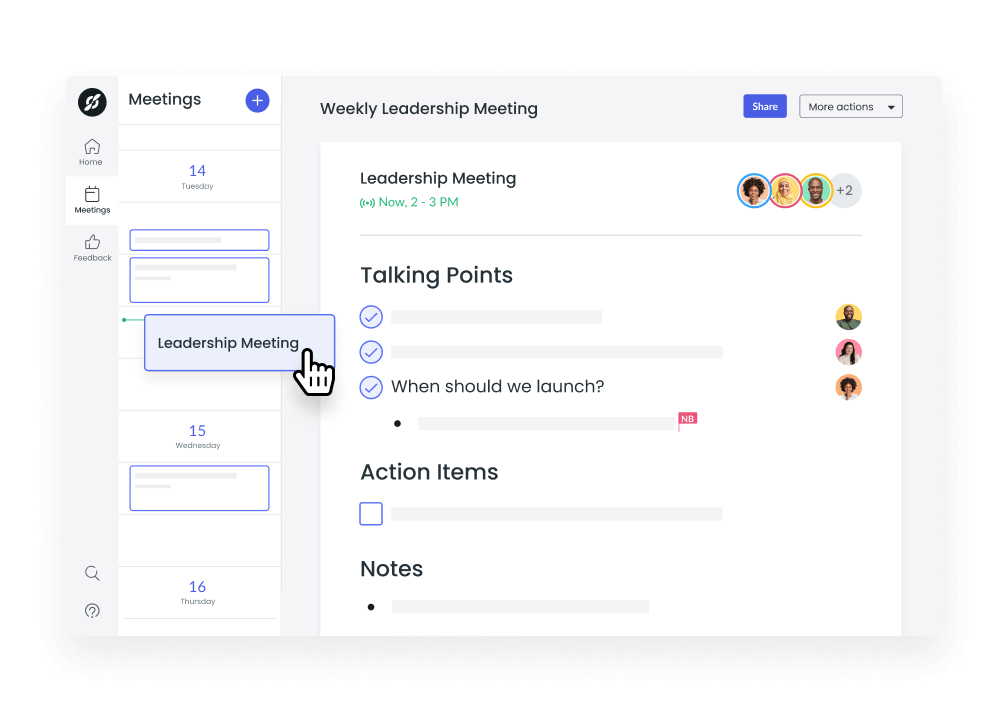
What does it mean to have a growth mindset?
Adopting a mindset geared for learning and development ensures that you can make the most of your existing skills and continue to improve on your areas of weakness. Below are six characteristics of someone with a great growth mindset.
- Believes that skills can be developed
- Is learning-focused
- Puts in effort
- Perseveres through challenges
- Enjoys feedback
- Treats mistakes as a learning opportunity
1 Believes that skills can be developed
While some talents are innate (like someone really tall being able to jump super high), other talents can be developed. At the crux of a growth mindset is believing that skills can be developed. Growth-oriented people will often even look to use existing skills to nurture new ones.
2 Is learning-focused
Information is power. Having a growth mindset means seeing the value that information and knowledge can bring to your efforts. You can try gaining knowledge by:
- Observing or engaging with others who are already at your goal destination (ie., a certain career, a level of skill, etc.). This can show you some common challenge areas and how others worked through them.
- Researching best practices in that knowledge area. Especially when learning a new skill, it’s helpful to see all the different ways to achieve the same end goal.
- Learning by doing. Sometimes the best way to know for yourself is just giving it a go! This is particularly beneficial when the goal is very unique to you, or if there aren’t enough other resources to provide information.
3 Puts in effort
Growth-oriented people are very goal focused. They know what they’re capable of, and they’re willing to persevere through difficulties to reach their goals. They do this by building a solid understanding of their current situation and thinking deeply about the problem at hand. From there, they can develop actionable plans and sub-goals that will help them reap the final reward.
Planning personal development requires a lot of effort. It involves thoughtfully building out a plan and holding yourself accountable to it, regardless of what may come in your way. As such, people with growth mindsets have a strong ability to take initiative and self-discipline.
4 Perseveres through challenges
People with a growth mindset know that the path to success is not linear. Depending on the goal, the path may be very complex or may take a lot of time, which can wear you down.
A 2010 scientific study identified the “goal ladder” as one way people can persevere through challenges. Essentially, by providing yourself with smaller rewards for meeting smaller goals along the way to your bigger one, you’re able to support yourself through the whole challenge and reach the final goal successfully. This method celebrates the small successes along the way to keep you motivated.
5 Enjoys feedback
Actively seeking constructive feedback (extra emphasis on constructive) is a clear indicator of someone who wants to improve. Receiving constructive feedback means hearing both the positive and negative aspects of a situation, approach, or behavior. Being able to act on that feedback is what contributes to a growth mindset.
People with growth mindsets will see constructive criticism as an opportunity to learn more about themselves. They want to identify in which areas they excel so they can leverage those skills in other areas. And on the flip side, they want to know where their weaknesses are so they can seek to improve them.
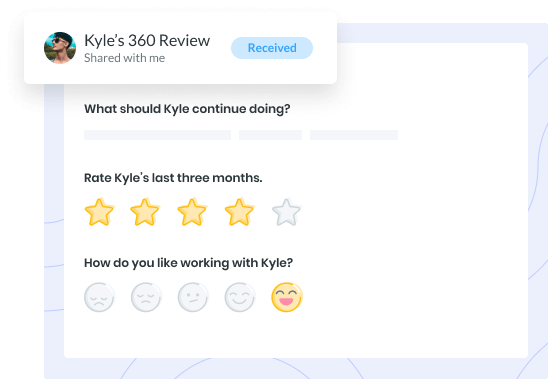
6 Treats mistakes as a learning opportunity
Depending on what you’re doing, making a mistake can have a wide range of consequences. A mistake may be glaringly obvious, or it may be a subtle misstep that’s only later identified through constructive feedback.
Regardless, those who are geared to grow will see this mistake as a learning opportunity. Similar to receiving constructive feedback, making a mistake points out a potential weakness. In other words, it puts a spotlight on a specific area for improvement. Making clear, identifiable mistakes is also helpful for later gauging how well you corrected the issue from last time (thus making growth measurable!).
Examples of having a growth mindset
- Darian started a new job as a project coordinator right out of university. Within the first month, he let a few deadlines slip by and he was anxious that this may not be the right field of work for him. After a conversation with his manager, he took a few online project management courses and began shadowing project managers on his team more closely. He consistently asked for feedback, actively tracked his progress on upcoming tasks, and often was the first to volunteer to lead new projects so he could maximize his opportunities for leadership experience. Within six months, he was well versed in project management knowledge and was starting his journey to earn his official Project Management Professional designation.
- Simran recently moved to Canada after 10 years in a successful career in India. She found it difficult to navigate the new corporate culture and didn’t know how to best make use of her experience in a new job in Canada. By attending networking events and connecting with industry professionals on LinkedIn, Simran built a trustworthy network of people who introduced her to many great companies. Within three months of arriving in Canada, Simran earned a position that leveraged the success of her previous experience.
- Sandra tried out for the volleyball team last year. She didn’t make the cut because she couldn’t get to the ball fast enough. She spent her summer practicing drills to improve her agility, including measuring her own speed to get to the ball. Before the season began, she worked with other players from the previous team so she could get feedback and practice time on the court. When the new season came around, she tried out for the team and successfully earned a spot as a backup player. Through continued high performance and effort, she earned herself a place on the starting line by the end of the season.
- Philippe wants to pivot careers from real estate to the medical field. While he does have great experience from his previous career, there aren’t too many transferable skills that will help him in medicine. He also doesn’t have much existing knowledge on the medical field. To gain experience, he goes back to school and connects with people he knows that practice as doctors and nurses. He takes every opportunity to shadow someone in the field and writes several interesting research papers to demonstrate his learnings. Through this effort, he gets one of his top choices for training placement.
- Jacinda has been an entrepreneur for several years, but her past two businesses have not really taken off, so she was starting to lose motivation. To regain some traction for her business, she attends more networking events, takes online courses for the skills that are missing in her companies, and reignites conversations with past business partnerships. With a lot of dedicated time and effort, she earns additional funding for her business, which she uses to start expanding her staff. She continues learning and growing to be the best leader possible so she can guide her company to growth.
Parting advice
Everyone has their own reason to adopt a growth mindset. Whether it’s for your school, work, or personal life, it’s important to remember that the core component of a growth mindset is actively choosing to commit to your development. This means learning, planning, and holding yourself accountable to your goals. With the right information and effort, your goals are really not as far away as you might think. You’ve got this!







![How Many Direct Reports Should a Manager Have? [+ Free Template]](https://fellow.app/wp-content/uploads/2022/06/How-Many-Direct-Reports-Should-a-Manager-Have-2.jpg)
